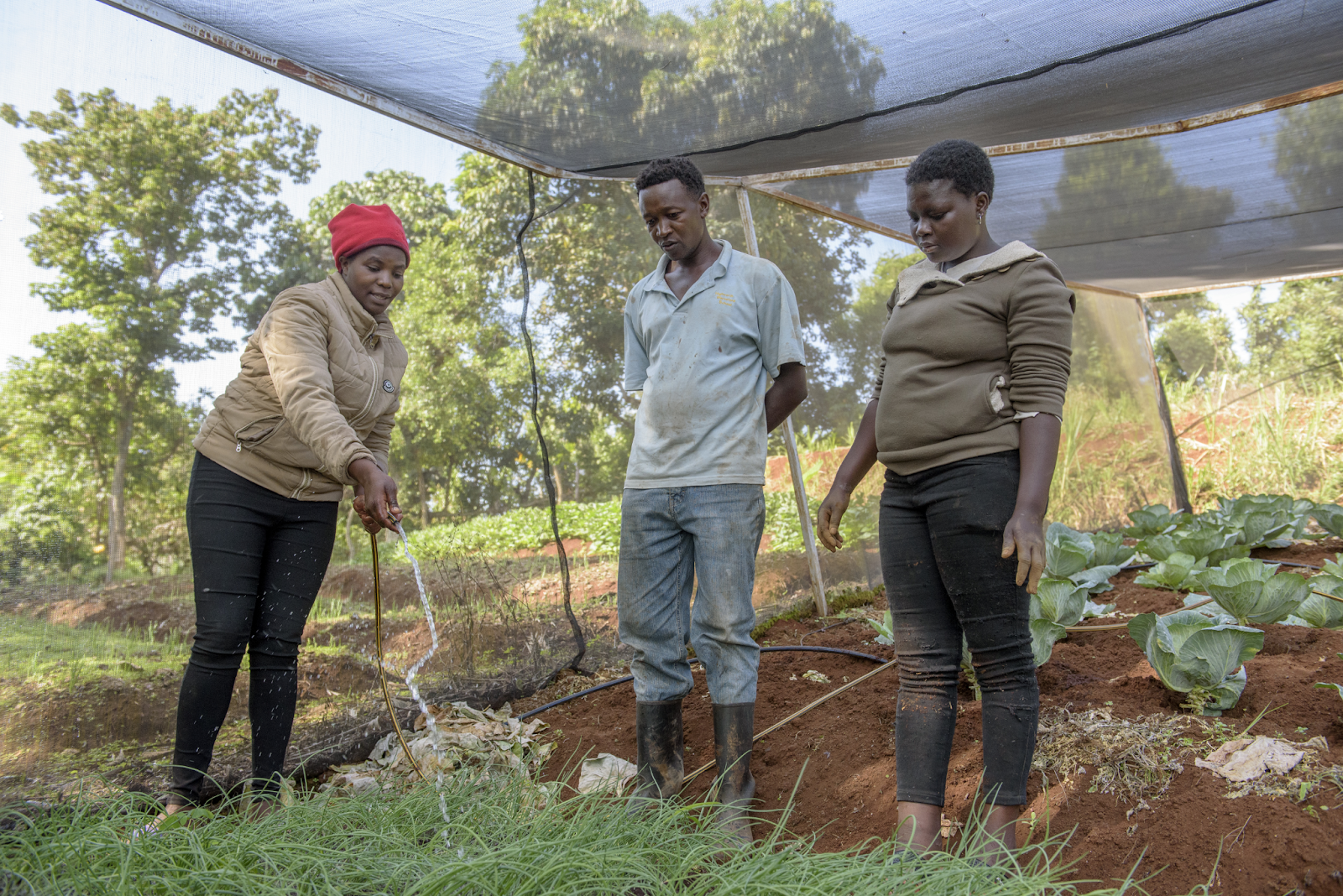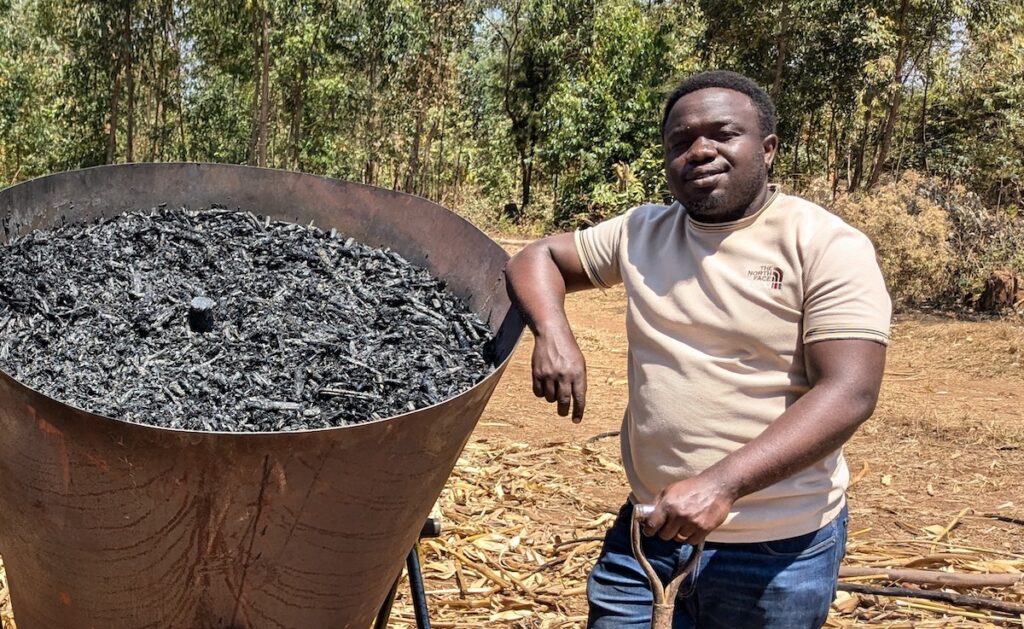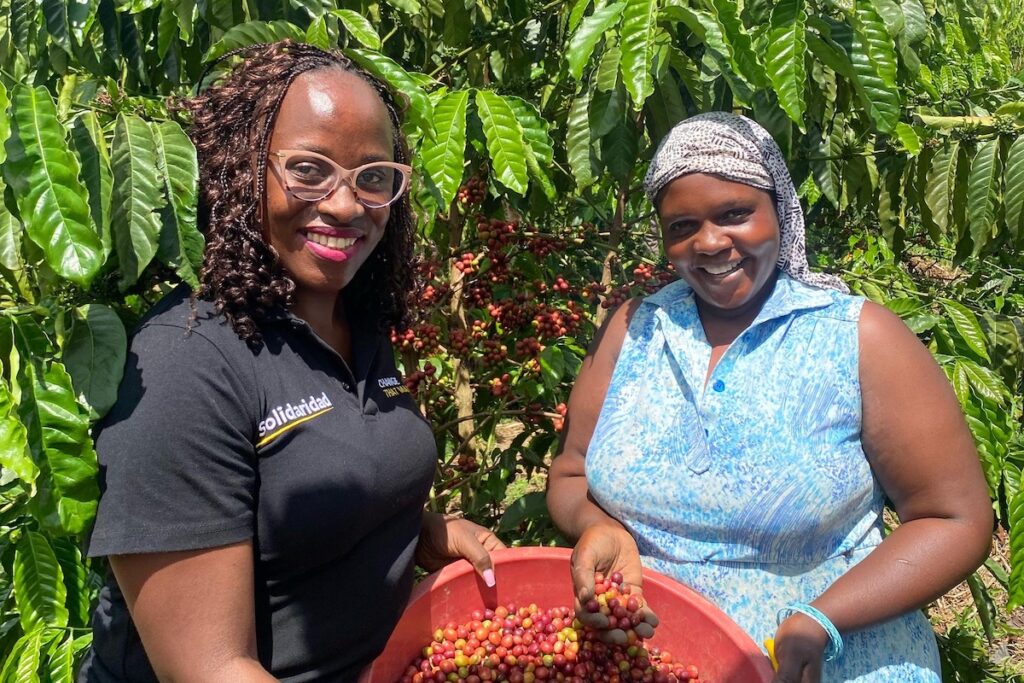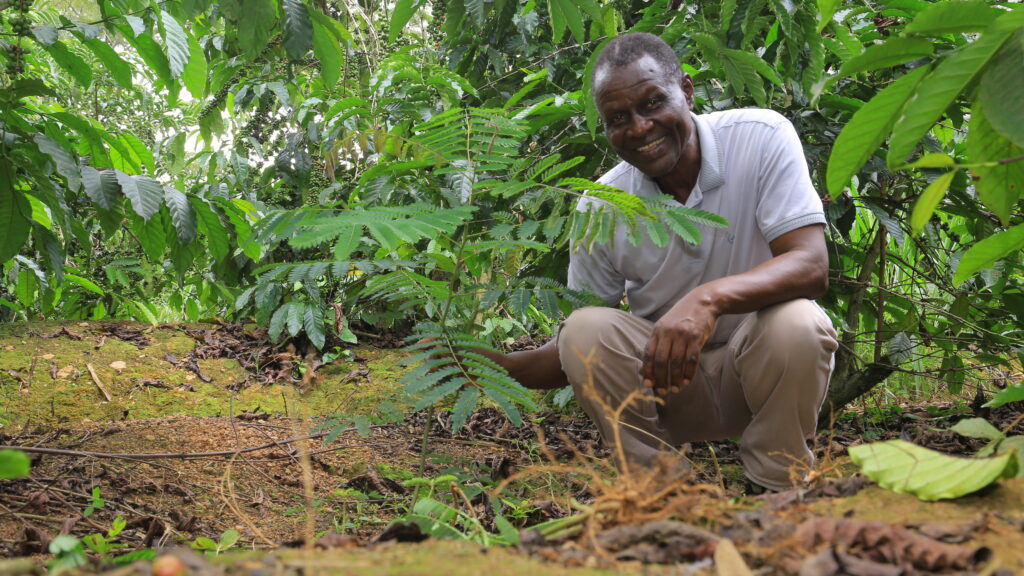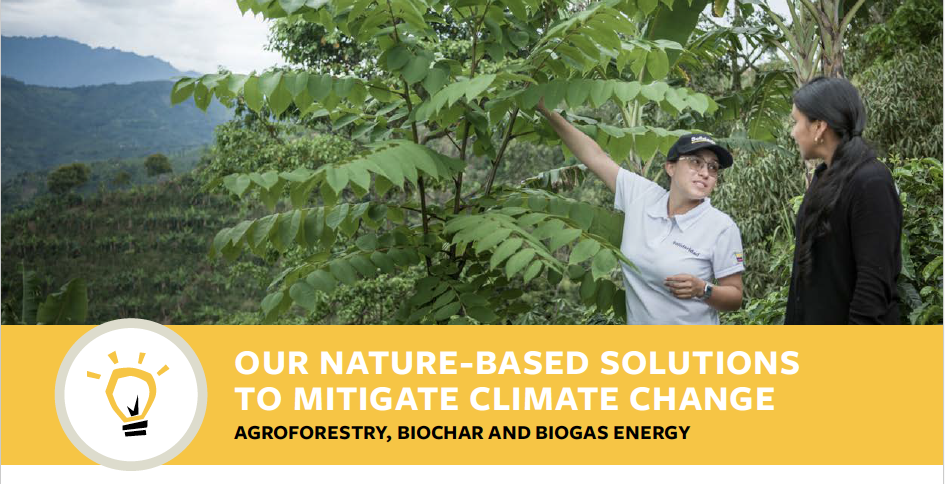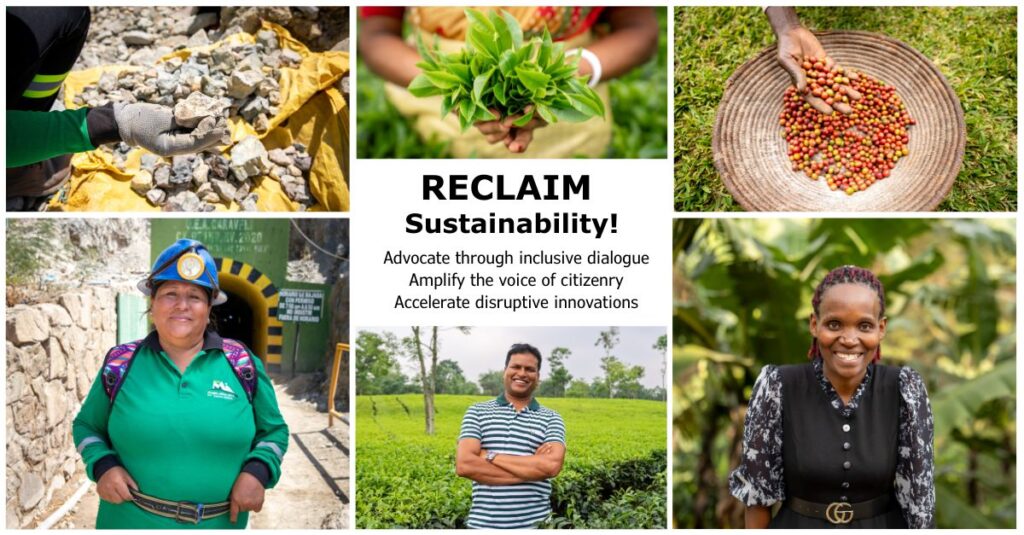Solidaridad worked closely with strategic partners, such as Heifer International (Heifer), Horticultural Crops Directorate, Meru Greens EPZ Limited (Meru Greens), and SoilCares Foundation (Soilcares) to develop three business cases (in dairy, nurseries, and value addition processing) to improve incomes, household resilience and availability of food in local communities.
Under the nurseries business case, Solidaridad supported the establishment of 10 tissue culture bananas and 15 F&V nurseries. The nursery model directly benefited 500 beneficiaries (200 women and 300 youth) who are currently producing and selling an average of 900,000 F&V seedlings and 120,000 tissue culture banana seedlings per year.
Seizing the Opportunity – The Story of Gap Fillers Youth Group
Christine Muthoni is the founder of “Gap Fillers Youth Group” based in Tharaka Nithi, Kenya comprising 30 young men and women. According to Christine, the group established a nursery to grow quality fruits and food crops seedlings to bridge the lack in the market and serve their local community.
A few years ago, farmers in our community did not have access to a reliable supplier of quality seedlings. Most farmers would source seedlings from neighbouring towns and other counties.
Christine Muthoni, Gap Fillers Youth GrouP Founder
Access to Productive Resources
Although the market for quality seedlings existed, Christine recalled that it was not easy to start. The Gap Fillers lacked knowledge, skills, and critical infrastructure, to profitably run a business (nursery). Notably, the lack of shade-nets limited their ability to produce seedlings all year round, and especially during the rainy season. To bridge these gaps, Solidariadad supported the Gap Fillers to acquire shade-nets, a water tank, drip irrigation kits, and assorted seedlings to enable the group to enhance their productivity (quantity, quality). The group also received training on seedling raising, crop nutrition, nursery management, and integrated pest management.
Gap Fillers is well known for producing quality varieties of seedlings including the rare ones like broccoli and cauliflower.
Christine muthoni
Growing By Leaps and Bounds
In addition to the agronomic training, Solidaridad provided business skills development and technical support to the youth group. The group also underwent inspection for registration and licensing of the nursery and ‘mother block’ by the Horticultural Crops Directorate. Accreditation is envisaged to expand the group’s market opportunities to supply seedlings to the Government (County and National) and other buyers, including farmers in and beyond Tharaka Nithi County.
The technical and infrastructure support, Christine noted enabled the group to reach a production capacity of 5,000 assorted seedlings per month. The group is currently supplying seedlings to over 500 individual buyers and 10 institutional clients including women’s groups and schools and targets to double its customer base to 10,000 in the next few years .
We also want to open a grocery shop to serve our consumers and other retailers with farm fresh produce.
Christine muthoni
Embracing Sustainable Production
As part of their sustainability strategy, Gap Fillers has been producing seedlings using organic manure and pest management alternatives, such as tobacco and pepper, to minimize nursery workers’ and other farmers’ exposure to harmful synthetic chemicals and pesticides.
We provide our customers with chemical-free and quality seedlings.
christine muthoni
Employment Opportunities for Youth in Agribusiness
The nursery now provides employment and incomes to up to 30 Gap Fillers group members who work as caretakers and marketers. In addition to running the nursery, the group also provides training and seedlings to other youth and supports them to source for markets for their produce, creating even more outreach and employment opportunities for other youth in the community. Prior to the establishment of the nursery, most youth considered farming a dirty job for the uneducated. Ms Muthoni observed that the negative attitude towards farming has since changed and more youth are now venturing into farming.

